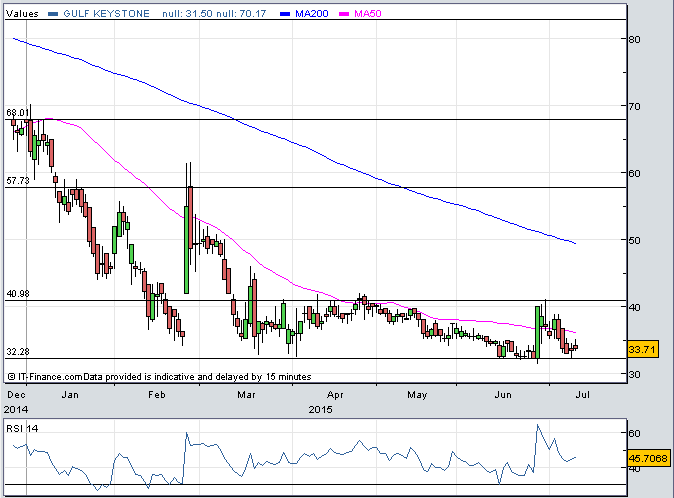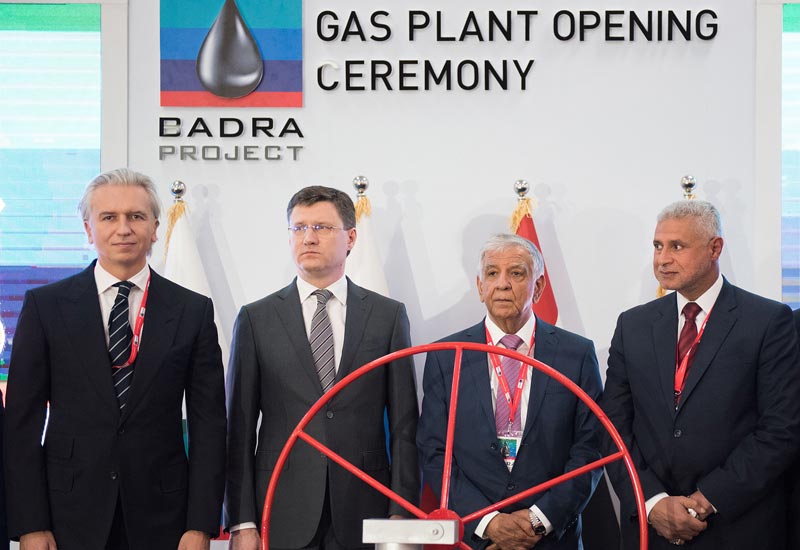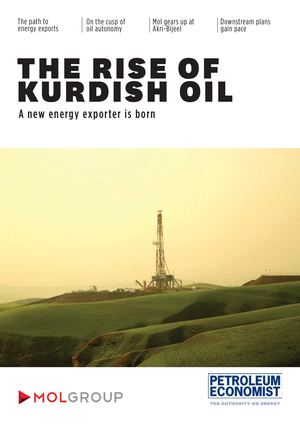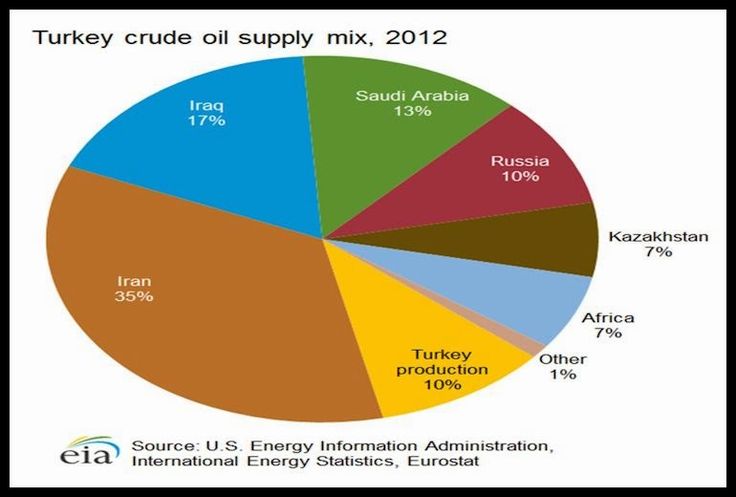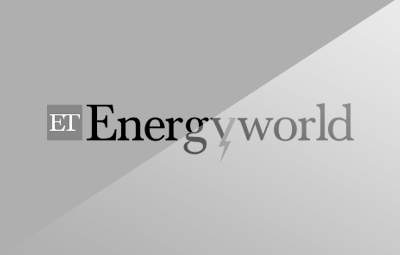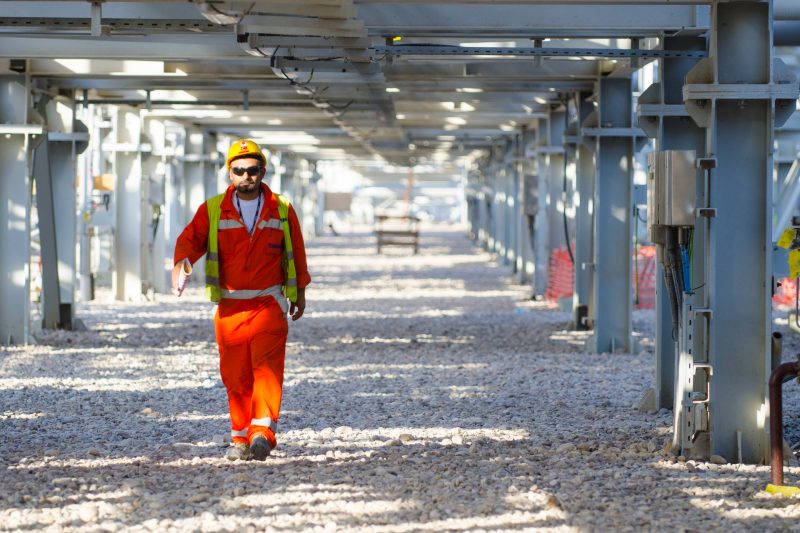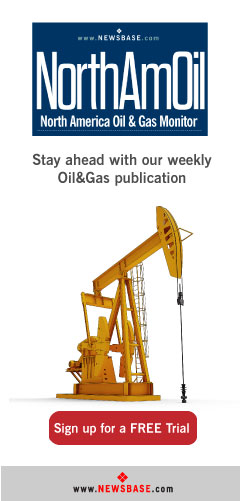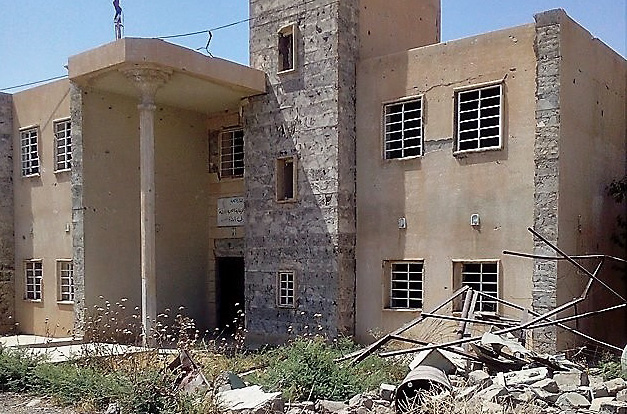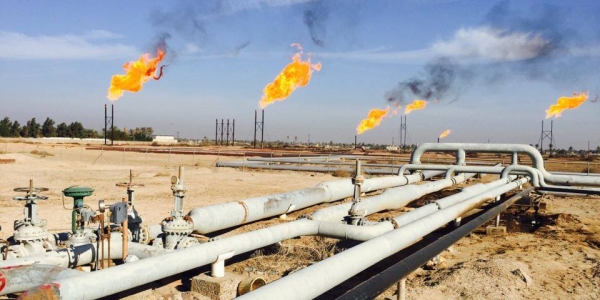Gulf Keystone Petroleum (GKP) has announced that a crude oil sales agreement has been signed between Gulf Keystone Petroleum International Ltd (“GKPI”), on behalf of the Shaikan contractors, and the Kurdistan Regional Government (KRG).
Under the agreement, the KRG will purchase Shaikan crude oil at the monthly average Dated Brent oil price minus a total of c.$22 per barrel for quality discount, as well as domestic and international transportation costs. This discount is based on the same variables contained within other oil sales agreements in the Kurdistan Region of Iraq.
The majority of the Shaikan crude oil is currently being transported by truck from the Shaikan field to Fishkhabour, where it has been injected into the export pipeline to Turkey gradually since 15 November 2017, while the remainder is sold domestically.
The agreement is effective from 1 October 2017 until 31 December 2018. GKPI will now invoice the KRG for oil sales for the months from October 2017 onwards on the basis of the realised netback price and net entitlement volumes in accordance with the Shaikan Production Sharing Contract, as amended by the 1st PSC Amendment in 2010 (“Shaikan PSC”).
The Company continues its discussions with the KRG’s Ministry of Natural Resources (“MNR”) on the terms of a potential 2nd PSC Amendment. The Company will inform the market of any material developments in this regard.
(Source: GKP)

